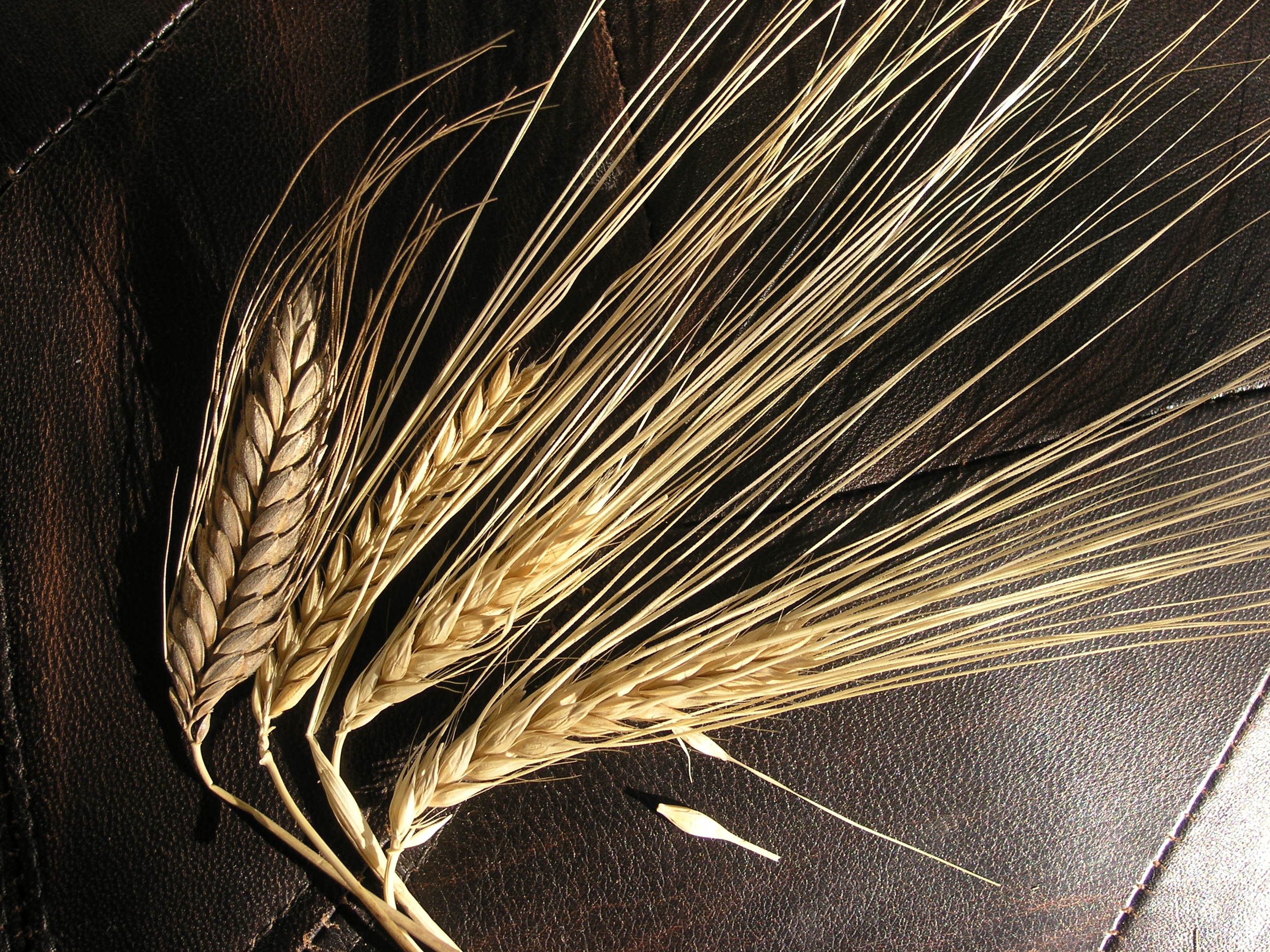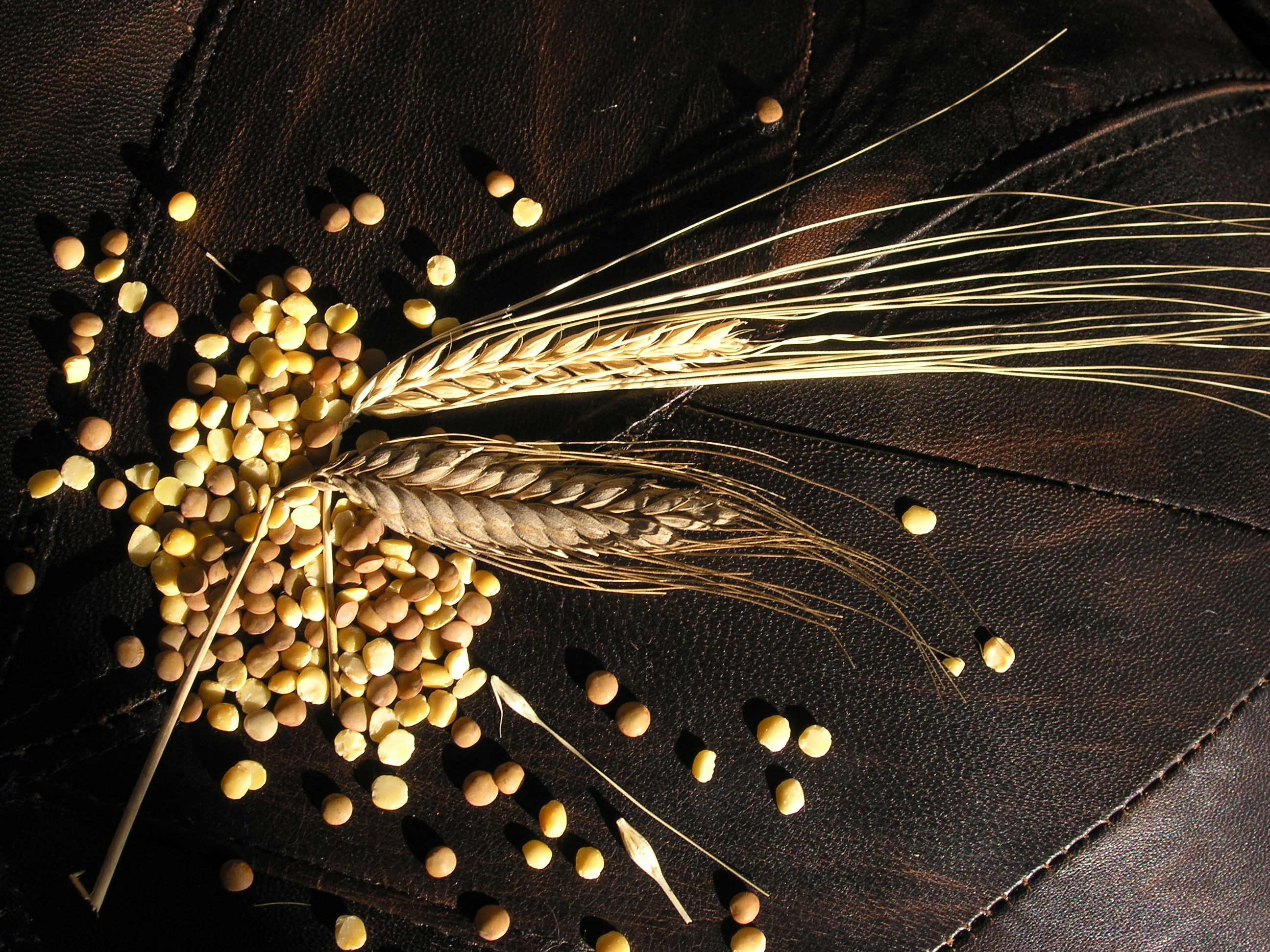Food preparation techniques, the selection of ingredients and their transformation into meals, as well as the etiquette of consumption correspond to complex choices resulting from the interaction of human culture and natural resources. The powerful sensory experience of food preparation and consumption transforms nature into culture, collective memory and identity.
PLANTCULT project focuses in a nuanced way on the role of culinary traditions and innovations into shaping the social landscape over long time periods, in some cases culminating in hierarchical societies.
Our project aims to achieve a new understanding by developing a novel, rigorous methodology for the study of plant food remains and the exploration of culinary practices in prehistoric Europe, through the integration of end products (food) and associated equipment. New multi-disciplinary methodologies and integrative approaches to the study of ancient plant foods and related transformation technologies will be developed by the PLANTCULT team that will be applicable not only to the food studied by the project but also to other materials, too.
Study Area
Rather than generalizing from a single region or archaeological site, our aim is to identify culinary cultures and their change over time in a large part of Europe, from the Aegean to Central Europe, for example exploring the interface between wine and beer regions, focusing on several key sites, rich in remains of plant foods such as bread, beer and wine.
Different parts of this region present different trajectories of social development, receiving influences from the Eastern Mediterranean and Central Asia and we wish to understand the role of culinary practice and innovation, in shaping these trajectories. The selected study area allows us to explore an East-West dynamic in a wider geographical scale.
Research Questions
How did cuisine shape and modify cultural identities in past European societies over time?
The project focuses on plant foods with an integrative new approach that combines actual plant food remains, related processing equipment, ancient written sources, experimentation and ethnography.
Our approach will allow mapping of culinary trends and their change through time among variable cultural and environmental settings. Our project attempts for the first time to approach plant food remains from a large area and time-span, dealing with a large dataset, integrating various lines of evidence on plant foods
To identify culinary identities and their change over time we will address the following questions:
![]()
What were the plant ingredients used and how were they transformed into meals?
![]()
Why do specific food choices, in staples and special food substances like alcohol and oil, change over time?
![]()
How and when does culinary practice and food identity relate to the emergence of transegalitarian societies in the study region?






